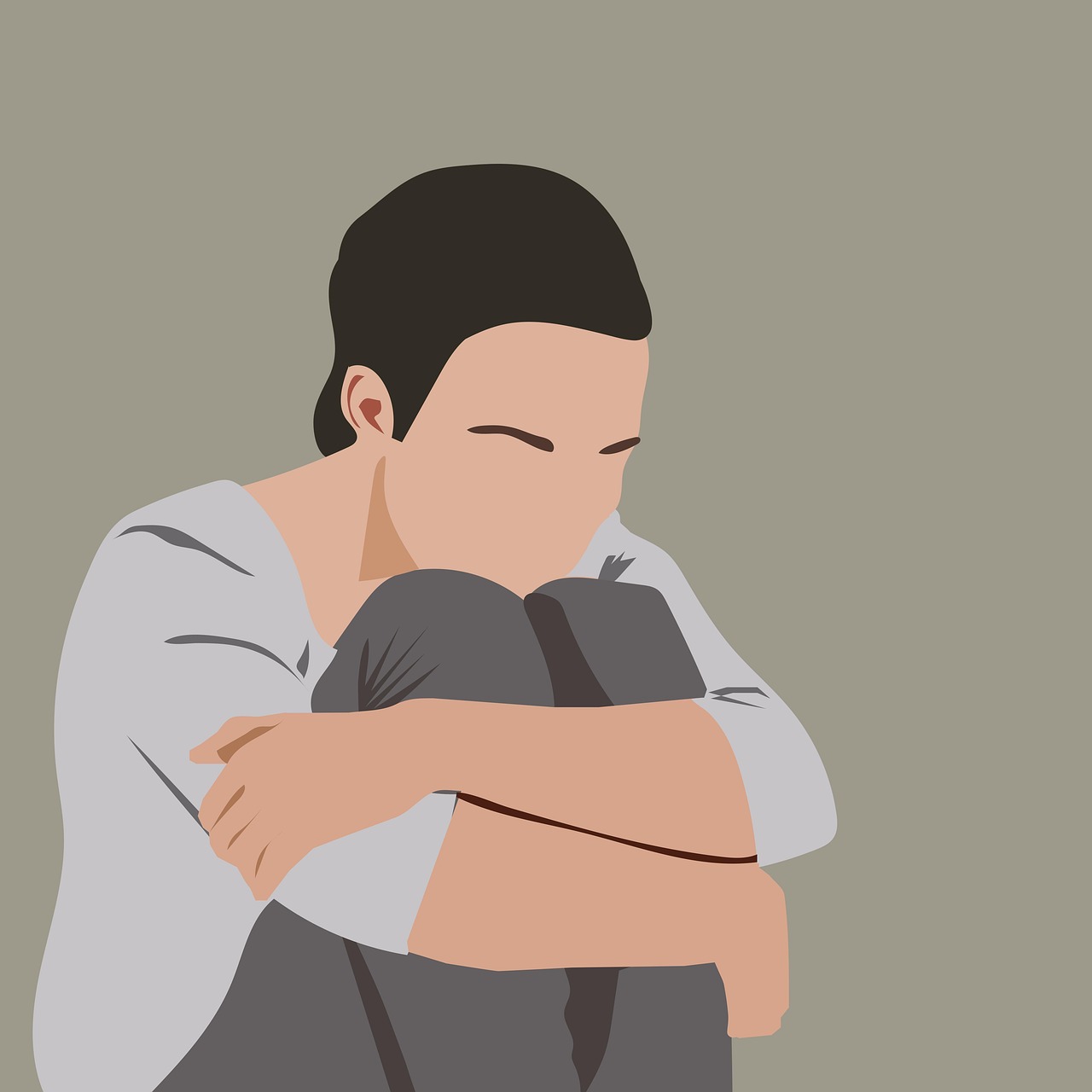Mental health recovery is a deeply personal and often challenging journey. It requires resilience, self-awareness, and access to resources that foster healing and growth. Among the most powerful tools available are support groups—communities of individuals who come together to share experiences, offer encouragement, and provide a sense of belonging. These groups play an indispensable role in mental health recovery by reducing isolation, promoting accountability, and empowering participants to reclaim their lives. Understanding how support groups function and their impact can highlight their importance as a cornerstone of mental wellness.
The Essence of Support Groups
At their core, support groups are safe spaces where individuals facing similar challenges can connect, share stories, and exchange coping strategies. They may be led by trained facilitators, such as therapists or counselors, or peer-led, with members guiding discussions based on shared experiences. Topics can range from specific mental health conditions like depression, anxiety, or addiction to broader themes like grief, trauma, or caregiving.
What sets support groups apart from individual therapy is their collective nature. Participants benefit not only from professional guidance but also from the wisdom and empathy of others who truly understand what they’re going through. This shared understanding creates a unique bond that fosters trust, reduces stigma, and encourages open communication.
Reducing Isolation and Building Community
One of the most profound effects of support groups is their ability to combat loneliness and isolation—a common struggle for those dealing with mental health challenges. Mental illness often carries a heavy burden of shame or misunderstanding, leading individuals to withdraw from social interactions. In these moments, support groups become lifelines, offering a judgment-free environment where people feel seen and heard.
For many participants, simply knowing they are not alone in their struggles can be transformative. Hearing others articulate feelings or experiences that mirror their own validates their emotions and helps normalize their journey. This sense of community combats the alienation that often accompanies mental health issues, fostering hope and resilience.
Promoting Accountability and Motivation
Support groups also serve as accountability partners in the recovery process. Regular attendance and active participation encourage individuals to stay committed to their goals, whether it’s adhering to treatment plans, practicing self-care, or pursuing personal growth. Group members often inspire one another through their progress, creating a ripple effect of motivation and determination.
Accountability extends beyond just achieving milestones; it also involves recognizing setbacks without judgment. Support groups emphasize that recovery is not linear, and relapses are part of the process. By sharing stories of overcoming obstacles, members reinforce the idea that setbacks do not define failure—they are opportunities for learning and growth.
Empowering Through Shared Knowledge
Another critical role of support groups is the dissemination of practical knowledge and coping strategies. Members frequently exchange tips on managing symptoms, navigating healthcare systems, or finding effective treatments. For example, someone struggling with anxiety might learn breathing techniques from another member, while someone recovering from addiction might discover new ways to handle triggers.
This exchange of information is particularly valuable because it comes from lived experience rather than theoretical expertise. While professionals provide essential clinical insights, peers offer real-world solutions tailored to everyday challenges. This grassroots approach empowers individuals to take charge of their recovery, equipping them with tools they can implement immediately.
Enhancing Emotional Well-Being
Participating in a support group has tangible psychological benefits. Studies have shown that engaging in group settings can reduce symptoms of depression and anxiety, improve self-esteem, and enhance overall emotional well-being. The act of sharing one’s story can be cathartic, releasing pent-up emotions and providing relief. Similarly, listening to others’ narratives fosters empathy and strengthens interpersonal skills, which are often affected by mental health struggles.
Moreover, support groups promote a shift in perspective. When individuals see others successfully managing their conditions, they begin to believe in their own capacity for change. This phenomenon, known as “modeling,” demonstrates the power of positive reinforcement in building confidence and optimism.
Accessibility and Flexibility
Unlike traditional therapy, which may involve high costs or limited availability, support groups are often more accessible and flexible. Many organizations offer free or low-cost options, both in-person and online, making them inclusive for diverse populations. Online support groups, in particular, have gained popularity due to their convenience and anonymity, allowing individuals to seek help without geographical or logistical barriers.
This flexibility ensures that even those with demanding schedules, mobility issues, or financial constraints can access vital support. Furthermore, the variety of formats—from structured meetings to informal chats—caters to different preferences and needs, ensuring that everyone can find a setting that works for them.
Addressing Stigma and Fostering Advocacy
Support groups also play a crucial role in addressing the pervasive stigma surrounding mental health. By bringing people together to openly discuss their experiences, these groups challenge societal misconceptions and promote acceptance. Participants often leave feeling empowered to advocate for themselves and others, contributing to broader cultural shifts toward mental health awareness.
In addition, support groups can inspire activism and community engagement. Many participants go on to become advocates, educators, or volunteers, using their experiences to help others navigate similar challenges. This ripple effect amplifies the impact of support groups, extending their reach beyond individual recovery to societal transformation.
Limitations and Considerations
While support groups offer immense benefits, they are not a substitute for professional treatment. Individuals with severe mental health conditions may require additional interventions, such as medication or individual therapy, alongside group participation. Additionally, poorly facilitated groups or unbalanced dynamics can sometimes exacerbate stress rather than alleviate it. Therefore, it’s important to choose reputable organizations and ensure that groups are structured to prioritize safety and inclusivity.

